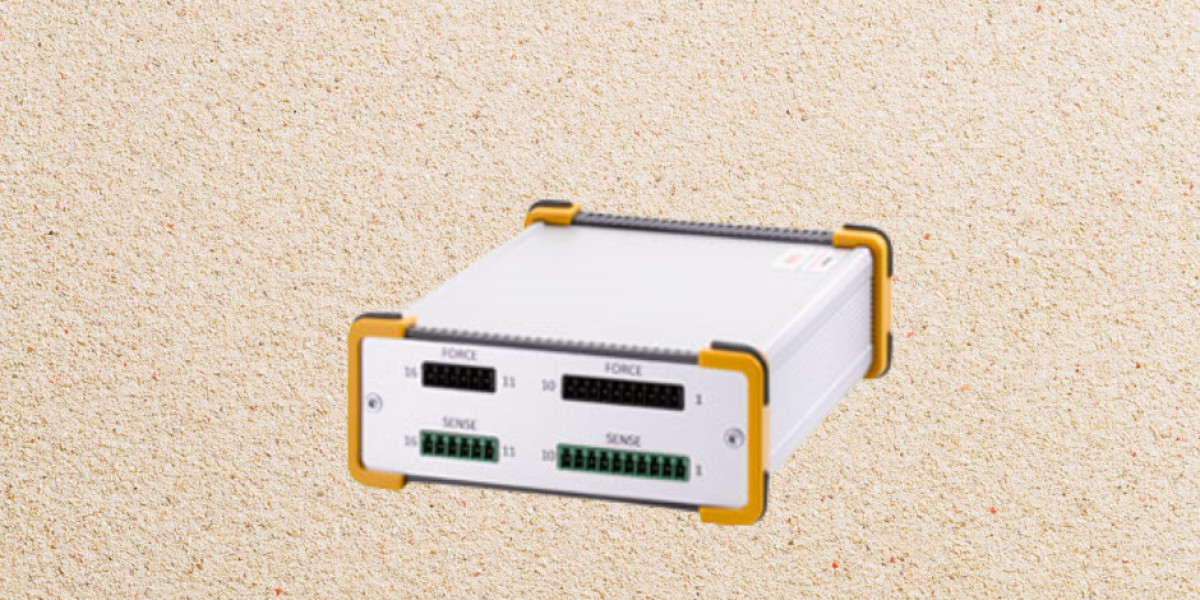In the age of electrification, energy efficiency, and sustainability, battery technologies are advancing at an unprecedented pace. From electric vehicles and renewable energy systems to portable electronics and industrial applications, batteries have become central to our modern lifestyle. At the heart of this revolution lies battery test equipment, an essential tool that ensures the safety, performance, and reliability of battery systems. As industries strive for greater energy output and durability, the role of battery test equipment has become more critical than ever.
Role of Battery Test Equipment in Energy Ecosystems
As the need for better and efficient batteries grows, the ways they are tested and approved must change to keep up. Battery test equipment lets engineers, researchers, and manufacturers check how well batteries work electrically, thermally, and mechanically in different situations. These tools find early signs of failure and help make design, quality control, and lifecycle analysis of batteries better. The next part talks about how battery test equipment helps the switch to dependable and long-lasting energy systems by adding new features and changing the way it is made.
Improve Safety Standards in Battery Development
When it comes to battery-powered technologies, safety is very important, especially in high-risk fields like energy storage, aerospace, and cars. Untried batteries can overheat, leak, or explode, harming people and the environment. Battery test equipment is very important for keeping these problems from happening because it mimics real-life situations to find potential dangers before they reach the market.
Equipment that performs overcharge, short-circuit, and thermal stability tests allows engineers to identify weaknesses and apply corrective measures early in the development phase. This is especially critical in the electric vehicle sector, where battery failure could lead to life-threatening consequences.
Boost Battery Performance
Getting the most out of your battery is no longer a choice. In today's competitive business world, it's a must. Engineers can look at things like charge retention, cycle life, and energy density with battery test equipment. Developers can make their designs better and battery chemistry better to meet the needs of different applications by collecting accurate performance data. Whether it's improving lithium-ion cells for smartphones or big batteries for grid storage, test equipment gives us useful information that leads to new ideas and better performance all the time.
Support Sustainability Goals
As governments and organizations set ambitious sustainability targets, batteries must support clean energy initiatives without compromising efficiency or reliability. Battery test equipment contributes to these goals by extending battery life and reducing waste. Thorough testing allows manufacturers to fine-tune energy efficiency, predict degradation patterns, and identify opportunities for recycling or second-life use. With global interest in solar power systems and electric mobility, testing technologies ensure batteries remain dependable and eco-friendly throughout their lifecycle.
Enhance Product Development Speed
Time to market is a significant factor for battery developers, especially in fast-moving sectors like consumer electronics and mobility. Without reliable testing tools, products risk costly recalls, warranty claims, or even regulatory penalties. Modern battery test equipment shortens the development cycle by delivering precise diagnostics and automated analysis. This enables faster decision-making, fewer redesigns, and more consistent quality assurance. By integrating testing into early R&D phases, companies can reduce product launch delays and build consumer trust more effectively.
Help Manufacturers Meet Global Standards
Compliance with international safety and quality standards is non-negotiable in battery manufacturing. Battery testing equipment helps organizations adhere to strict regulations set by industry bodies and governments. From IEC and UL certifications to automotive-specific protocols, manufacturers rely on testing systems to validate that their products meet the required benchmarks. This is especially important for battery test equipment manufacturers who must ensure that their machines can support diverse global standards while delivering reliable results across different battery chemistries and applications.
Drive Innovation Through Data and Automation
Modern systems collect vast amounts of performance data, which can be analyzed in real time to detect trends, anomalies, and improvement areas. Automation reduces human error and improves repeatability across test cycles. Battery test equipment manufacturers are now embedding intelligent software tools into their systems to support predictive maintenance, remote monitoring, and accelerated testing capabilities. These advancements are transforming the way companies approach battery validation and quality assurance.
A well-tested battery is the backbone of every reliable energy system. As battery applications grow in scale and complexity, the need for accurate, scalable, and intelligent testing solutions becomes more urgent. Battery test equipment ensures not only performance and safety but also long-term sustainability and market compliance. Manufacturers who invest in quality testing infrastructure set themselves apart by delivering trusted, high-performance battery products. In today’s energy-driven world, testing is not just a checkpoint. It is a catalyst for progress.







